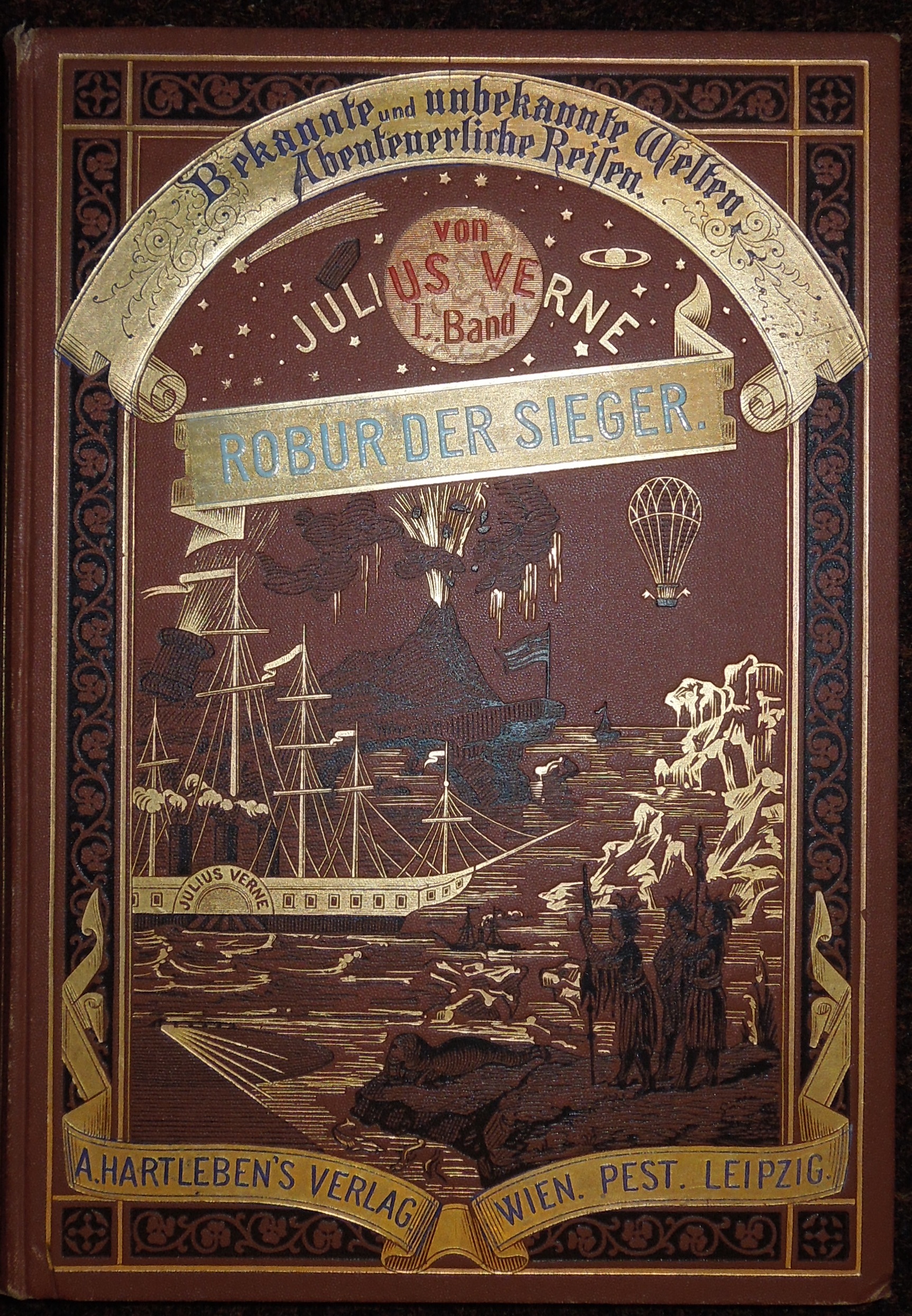Jules Verne Books: A Journey Through Time and Imagination

Jules Verne, a name synonymous with adventure and scientific foresight, remains a captivating figure in the literary world. His novels, brimming with daring expeditions and ingenious inventions, continue to inspire readers of all ages. This exploration delves into the world of Jules Verne’s books, examining their genres, enduring legacy, educational value, and lasting cultural impact. We will traverse the landscapes of his imagination, from the depths of the ocean to the far reaches of space, exploring the enduring appeal of his remarkable works.
Exploring the Genres and Themes of Jules Verne’s Works

Jules Verne’s literary contributions span several genres, primarily residing within the realms of adventure, science fiction, and even elements of fantasy. His works are not merely escapist narratives; they are meticulously researched explorations of scientific concepts, technological possibilities, and the human spirit’s boundless capacity for exploration. While often categorized as science fiction, many of Verne’s novels present scenarios grounded in the scientific understanding of his time, making them a fascinating blend of realism and imaginative speculation. This approach allows readers to engage with scientific ideas in a compelling narrative context, enhancing comprehension and appreciation.
Verne’s adventure stories are characterized by their detailed descriptions of exotic locations and perilous journeys. From the volcanic depths of Iceland in Journey to the Center of the Earth to the uncharted seas in Twenty Thousand Leagues Under the Sea, his settings are vividly rendered, immersing the reader in the thrilling landscapes and challenges faced by his protagonists. The sheer scope of his adventures, encompassing the globe and even venturing beyond Earth’s atmosphere, contributes to the enduring appeal of his work.

The science fiction elements in Verne’s novels are equally compelling. He envisioned submarines, airplanes, and space travel long before their realization, showcasing an extraordinary capacity for predicting technological advancements. This visionary aspect of his writing underscores his enduring relevance, highlighting his ability to anticipate and reflect upon the impact of scientific progress on society and human life. His stories aren’t just about the technology itself; they are nuanced explorations of humanity’s relationship with invention, ambition, and the unknown.
Beyond adventure and science fiction, Verne’s novels touch upon themes of colonialism, class dynamics, and the complexities of human nature. His characters, often diverse in nationality and background, engage in intricate relationships, demonstrating the complexities of human interactions within the framework of exciting adventures. These character-driven aspects add depth and realism to his fantastical narratives, enriching the overall reading experience.

Verne’s Classics: Enduring Masterpieces
Certain Jules Verne novels stand as cornerstones of the adventure and science fiction genres. Twenty Thousand Leagues Under the Sea, with its enigmatic Captain Nemo and the extraordinary Nautilus, remains a widely celebrated classic. The novel’s exploration of the ocean depths and the mysteries they hold captivated readers then and continues to resonate today. The novel’s themes of isolation, revenge, and the wonder of the unexplored ocean depths contribute to its lasting impact.
Journey to the Center of the Earth, with its descent into a subterranean world populated by prehistoric creatures and geological wonders, is another undisputed classic. The novel’s exploration of the unknown depths of the Earth and the potential discoveries that lie beneath the surface fuels the imagination, inspiring wonder and curiosity about the natural world.
Around the World in Eighty Days showcases Verne’s skill in crafting a fast-paced, thrilling adventure rooted in the realities of 19th-century travel. The precision of Phileas Fogg’s planning, contrasted with the unpredictable events encountered along his journey, provides a compelling narrative structure. The novel’s exploration of global cultures and the human spirit’s tenacity in overcoming obstacles contributes to its enduring popularity.
Jules Verne: The Author and His Influences
Jules Verne, born in 1828 in Nantes, France, was a prolific writer whose life and experiences profoundly shaped his literary works. His passion for travel, instilled in him at a young age, fueled his imaginative depictions of journeys across land, sea, and space. His own aspirations to explore the world influenced his detailed descriptions of landscapes and the challenges of navigation.
His early exposure to the emerging fields of science and technology, coupled with his vivid imagination, laid the foundation for his remarkable storytelling. He meticulously researched scientific principles and technological advancements of his time, weaving them seamlessly into the fabric of his narratives. His dedication to accuracy in his descriptions of scientific phenomena is notable, grounding his often fantastical plots in a framework of plausible scientific thought.
Verne’s writing style is distinctive, characterized by its detailed descriptions, technical accuracy (for his time), and a focus on narrative pacing and suspense. His narratives are meticulously structured, meticulously building anticipation and revealing plot points at opportune moments. This approach keeps readers engaged, propelling them through his often complex adventures.
The Inspirations Behind Verne’s Work
Verne’s works were influenced by various factors, including his personal experiences, his keen observation of the scientific and technological advancements of his time, and the literature of adventure and exploration that preceded him. He drew inspiration from tales of seafaring adventures, scientific theories, and geographical discoveries, seamlessly incorporating these elements into the unique narratives.
The romantic ideals of exploration and discovery, prevalent during the 19th century, are reflected in many of his novels. His protagonists often represent the spirit of adventure, courageously venturing into the unknown and pushing the boundaries of human exploration. The scientific enthusiasm of his era also heavily influenced Verne’s work, driving his depictions of technological innovation and its potential impact on society.
The Educational and Cultural Impact of Jules Verne’s Books
Jules Verne’s works are not only entertaining; they hold significant educational value. His novels serve as an accessible introduction to scientific concepts, inspiring readers to explore various fields of knowledge. His detailed descriptions of scientific principles and technical processes contribute to a deeper understanding of these subjects.
The educational value of Verne’s novels extends beyond science and technology. His stories often depict the challenges and rewards of exploration and discovery, prompting readers to reflect upon the importance of perseverance, problem-solving, and critical thinking. Furthermore, his diverse casts of characters and their interactions illustrate social dynamics and the complexities of human relationships.
Verne’s Literary Influence and Adaptations
Jules Verne’s impact on literature is undeniable. He is widely regarded as a pioneer of science fiction, laying the groundwork for many subsequent authors. His visionary approach to storytelling, combining adventure, scientific accuracy, and imaginative speculation, has influenced countless writers. His emphasis on meticulous research and detailed description has become a hallmark of the genre.
The enduring popularity of Verne’s works is evidenced by their numerous adaptations across various media. His novels have been translated into numerous languages, adapted into films, television series, stage plays, and even video games. These adaptations have introduced Verne’s stories to new generations of audiences, ensuring the continuation of his influence on popular culture.
Jules Verne’s Awards and Recognition
Jules Verne’s works have garnered considerable recognition throughout the years. While he may not have received major literary awards during his lifetime in the same way contemporary authors do, his impact on science fiction and adventure literature has earned him a place among the most influential authors of all time. His novels’ enduring popularity and continued adaptations speak volumes about their lasting impact. He is frequently cited as an inspiration to both writers and scientists, a testament to the enduring quality of his work.
The proliferation of Jules Verne’s works in various libraries, both physical and digital, signifies their importance in educational and recreational settings. From prestigious academic archives to widely accessible public libraries and online platforms, his novels occupy a significant space, consistently appealing to readers across generations and cultures. His books represent a treasure trove of literary and scientific exploration, continually enriching the world of literature and the imaginations of readers worldwide. His legacy continues to inspire, challenging readers to embrace adventure, curiosity, and the limitless possibilities of human ingenuity.